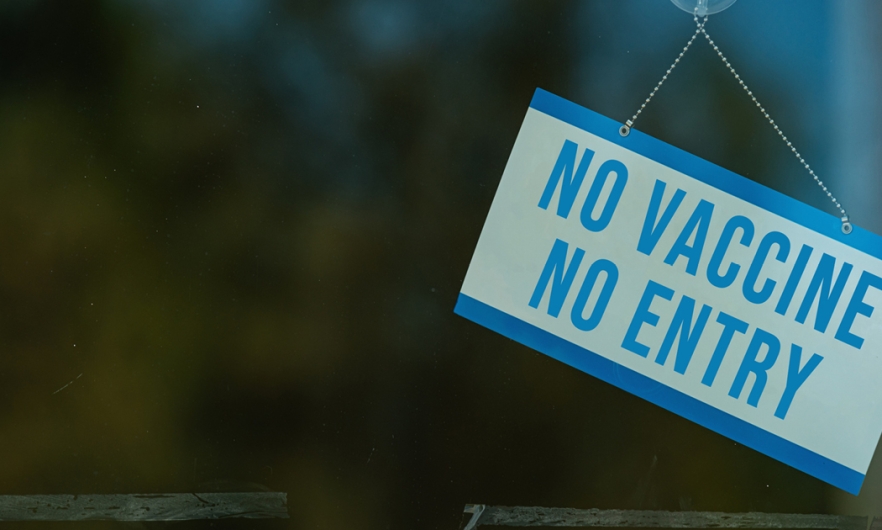By ROD AMNER
Several members of Makhanda Against Mandates (MAM), without a salary for four months, were forced to abandon their legal challenge to the Rhodes University vaccination mandate largely because of the unsustainable financial burden that the applicants had to bear, according to an official statement.
Since reopening in 2022, Rhodes has implemented the vaccine mandate as a condition for entry onto campus for all staff, students, and visitors.
In their statement, MAM said “the sheer necessities of life have forced us to make alternative arrangements”.
“This means that the need and motivation to pursue the review application, which, even if successful, would now have very little to no personal effect on our newly established lives, has effectively been dissipated.
“MAM remains as committed as ever to the conviction that the Rhodes mandatory vaccine policy was both morally unjust and scientifically unworkable right from its inception. If anything, the last few months the world over have seen more and more countries and institutions belatedly realising this.”
In an official statement, Rhodes said About 98 per cent of the university community (including staff and students) have since been vaccinated, and “the university has incrementally returned to normal operations”.
“With the assistance of internationally recognised scientists, the university confirmed in its court papers that vaccinations reduce the risk of asymptomatic infection, symptomatic infections, severe illness and death and have a marked impact on reducing the risk of transmission of the virus. The applicants did not dispute this in their court papers.”
In response, MAM members said compulsory vaccine policies are “a wholly unjustified assault on some of the foundational freedoms that constitute us as a society”.
“We remain convinced that Rhodes University will struggle to live down the shame of having sided with the totalitarian enemies of freedom rather than leading the way in speaking truth to naked power.
“Our court application to have the policy reviewed and set aside had to be withdrawn not because of any change in the scientific and moral facts on the ground but largely because of the unsustainable financial burden.
“An application such as ours can take anywhere from 10–12 months before being placed before a judge for determination, and accordingly, it was necessary to try to preserve a situation for these 10-12 months which would look after the constitutional rights of employees and students pending determination of the review application.
“This was the basis of our urgent applications to seek interdictory relief on behalf of students and staff. These applications we unfortunately lost with costs. In the meantime, the university proceeded to refuse registration for unvaccinated students, halt the salaries of its unvaccinated staff, and terminate their employment contracts due to incapacity.
“We hope that a Constitutional Court challenge will materialise and be successful, and it is for the sake of this effort that we have turned our support to the Universities Alliance and their attempt to get a Constitutional Court case heard.”
“The larger cultural and ideological challenge for us as a society is to ensure that the application of our legal framework is morally sound and that it does not sacrifice hard-won freedoms and individual rights on the altar of a dubious medical emergency,” the statement said.


